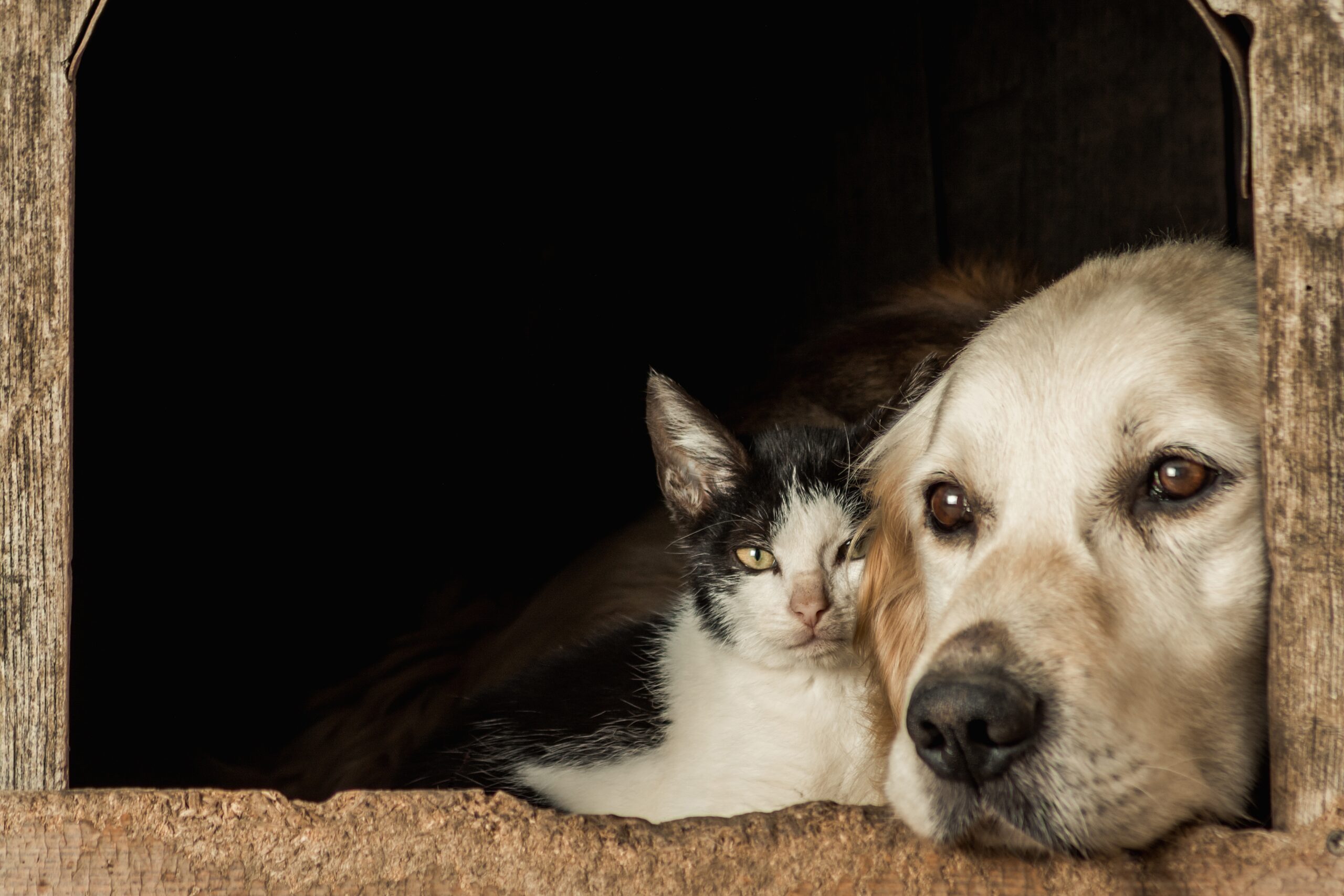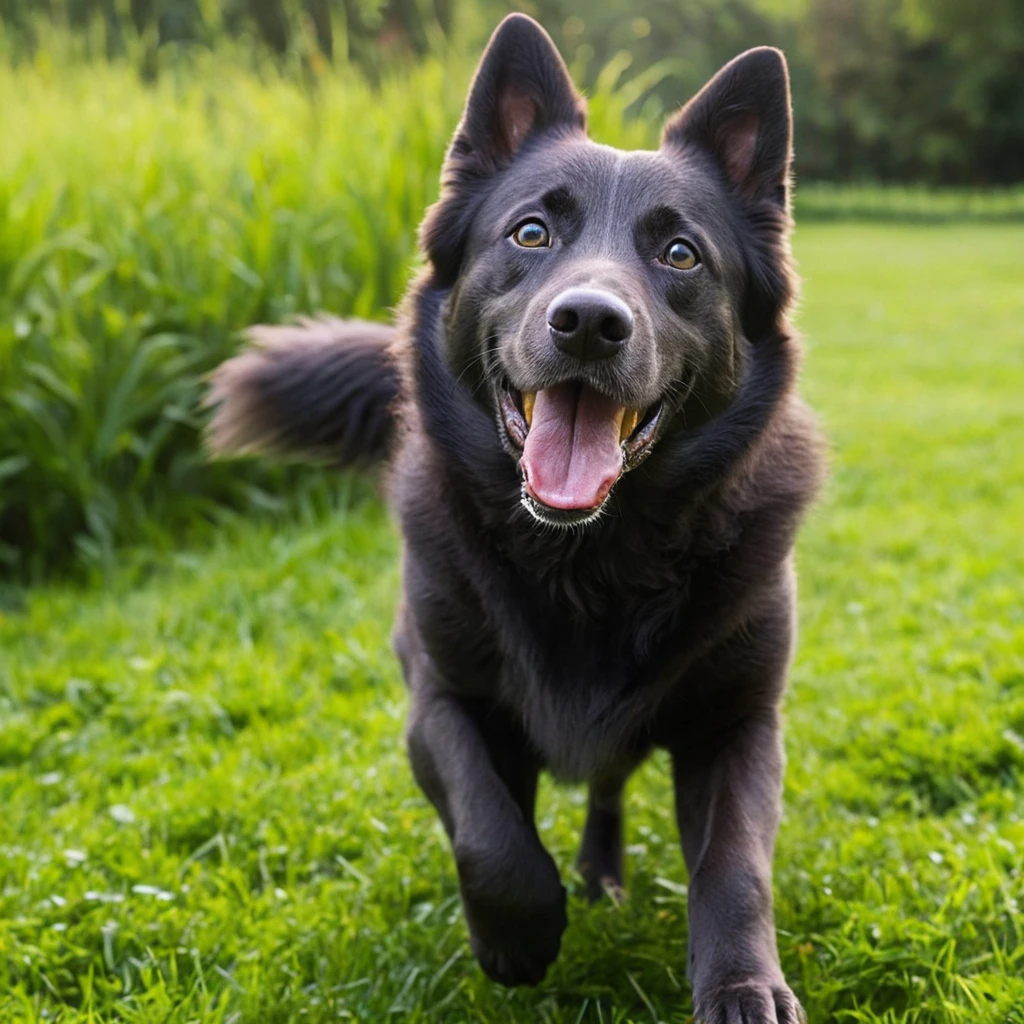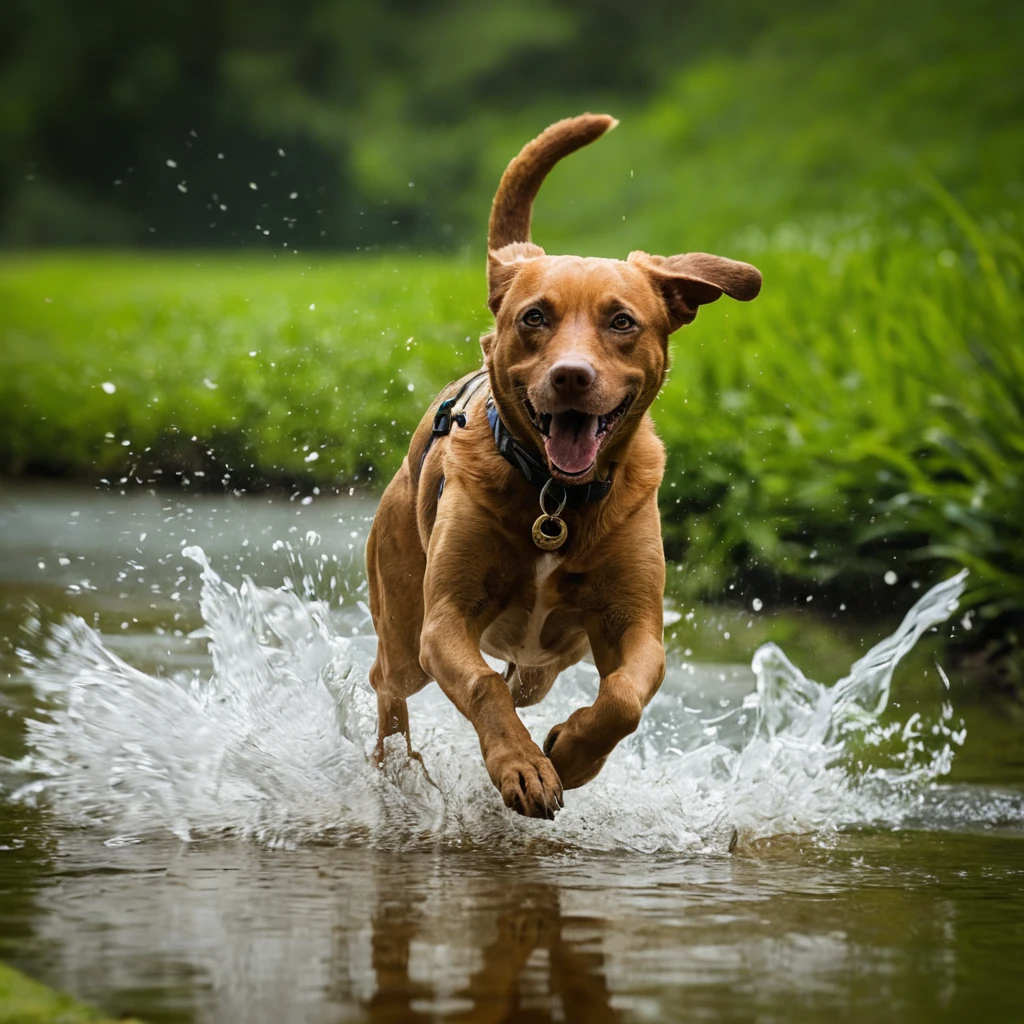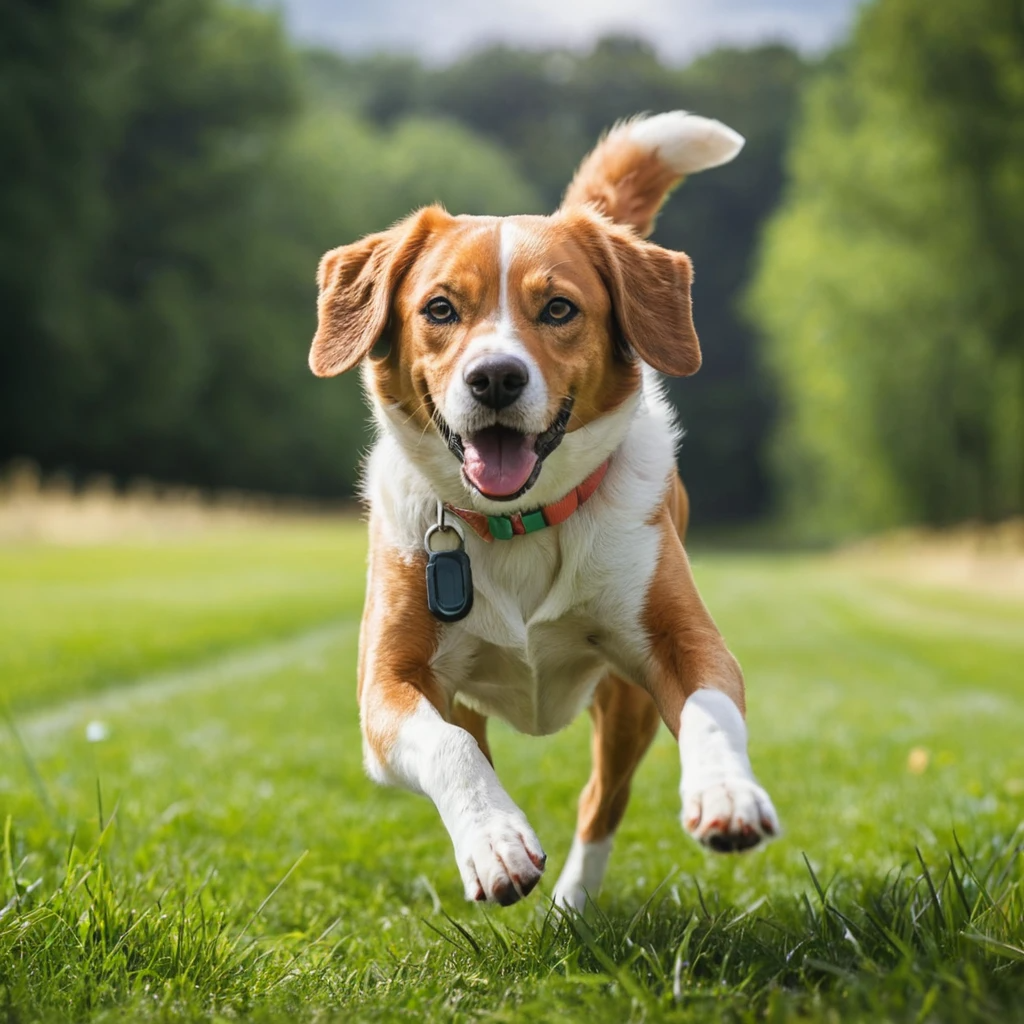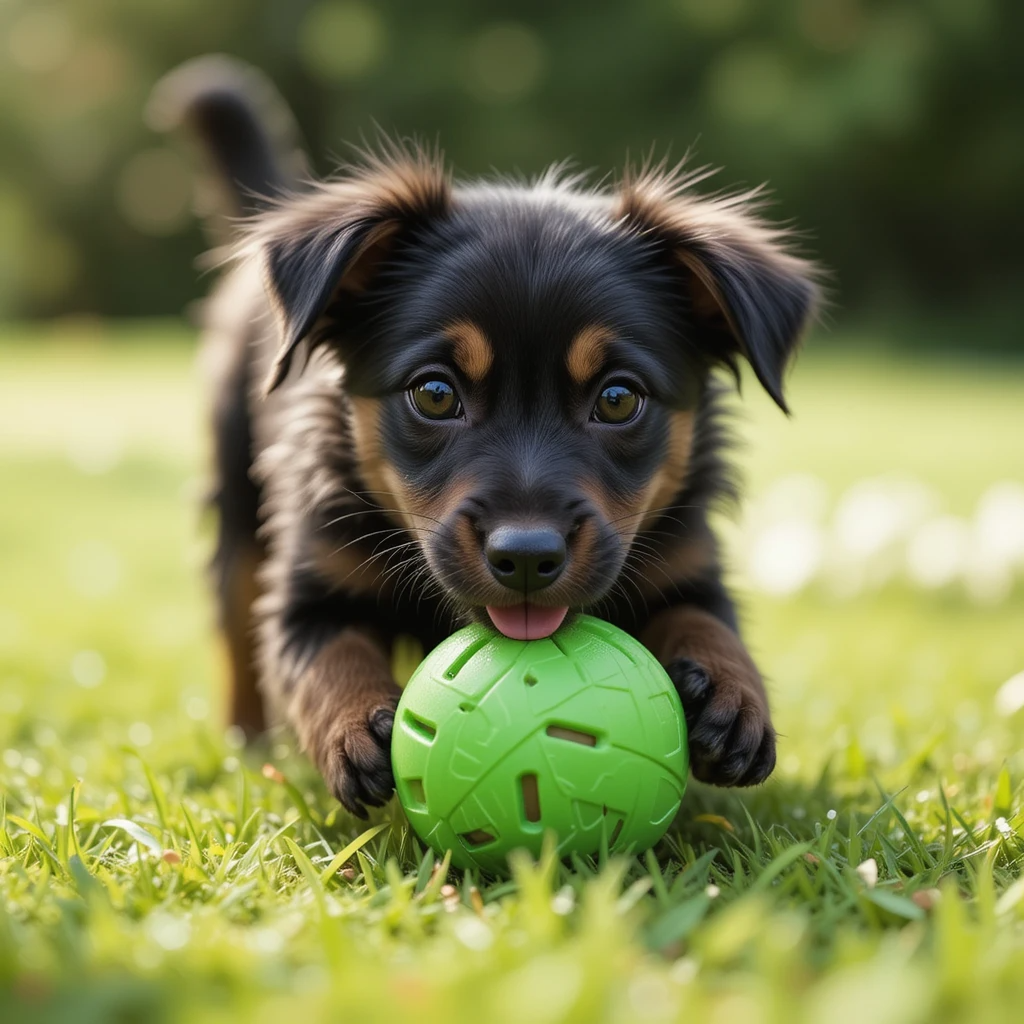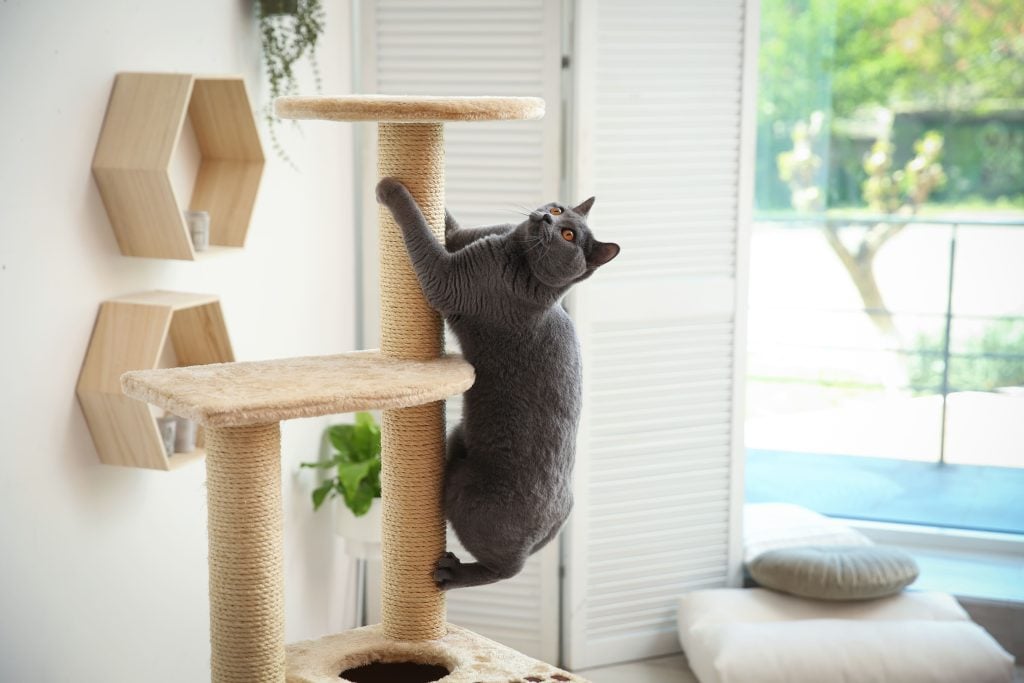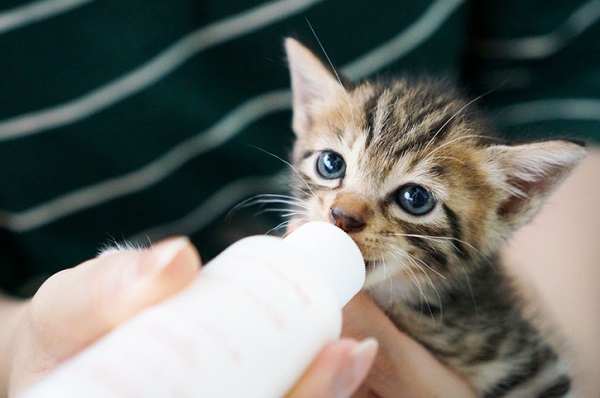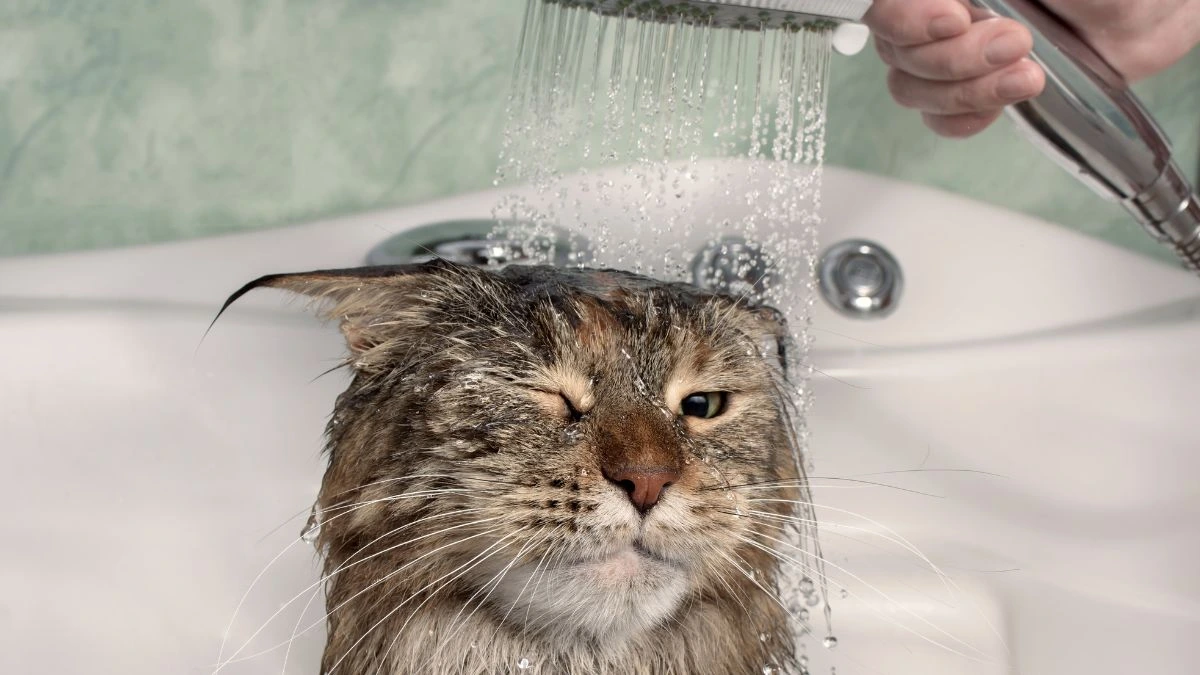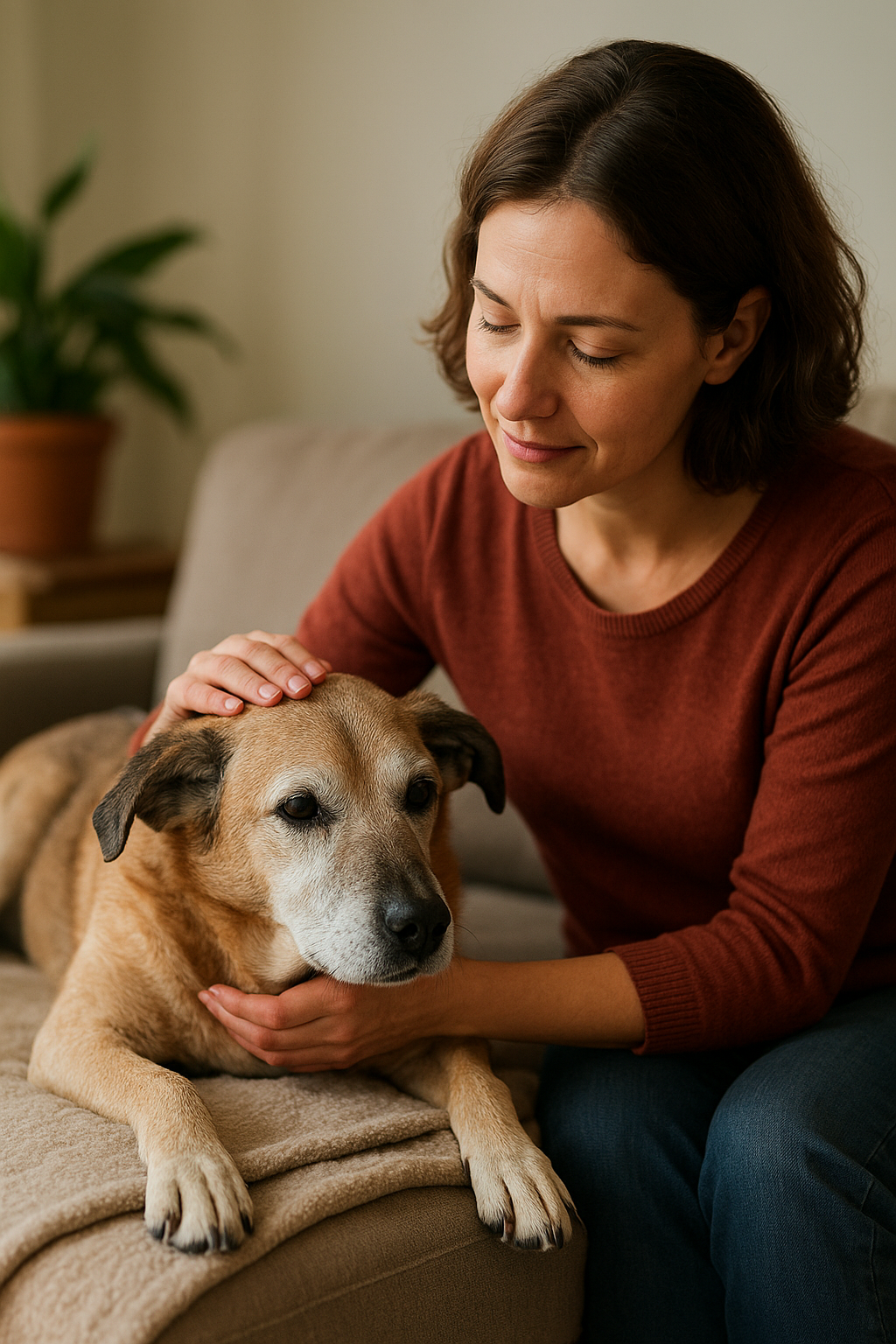As dogs and cats age, their needs change. Just like humans, senior pets may experience reduced mobility, vision and hearing loss, joint pain, and changes in appetite. Providing proper care, comfort, and attention can ensure they enjoy their golden years with happiness and dignity.
In this guide, we’ll cover everything you need to know to take care of your aging pet with love and comfort.
1. Recognizing When Your Pet Becomes a Senior
Different breeds and species age at different rates.
🐶 Dogs
- Small breeds (e.g., Chihuahua, Poodle): Senior at 10-12 years
- Medium breeds (e.g., Border Collie, Cocker Spaniel): Senior at 8-10 years
- Large breeds (e.g., Labrador Retriever, German Shepherd): Senior at 6-8 years
🐱 Cats
- Considered senior at 10-12 years
- May live well into their late teens or even early twenties
As your pet enters their senior years, they may start slowing down, sleeping more, and showing signs of age-related conditions.
2. Provide a Comfortable and Safe Home Environment
As pets age, they may have trouble getting around, and their joints may become stiff. Making simple adjustments in your home can improve their quality of life.
🏡 How to Make Your Home Senior-Pet Friendly:
✔ Provide soft, orthopedic bedding to relieve pressure on joints.
✔ Keep food and water easily accessible at ground level.
✔ Use pet ramps or steps to help them get on furniture or into the car.
✔ Ensure non-slip flooring (place rugs or mats to prevent slipping).
✔ Avoid frequent furniture rearrangement (for pets with vision loss).
🐾 Tip: For senior cats, consider a low-sided litter box that’s easier to enter and exit.
3. Regular Vet Checkups are Essential
Senior pets require more frequent vet visits—at least twice a year—to monitor their health and catch any age-related illnesses early.
🩺 What to Ask Your Vet About Your Senior Pet:
✔ Joint health and arthritis treatment
✔ Dental health and oral hygiene
✔ Vision and hearing changes
✔ Weight management and nutrition
✔ Early signs of diseases (kidney disease, diabetes, or cancer)
🐾 Tip: Blood tests, X-rays, and urine analysis can help detect hidden conditions before they become serious.
4. Adjust Their Diet for Senior Needs
As pets age, their metabolism slows down, and they may require different food to maintain a healthy weight and support aging organs.
🍽️ Feeding Tips for Senior Pets:
🐶 Dogs:
- Choose senior-specific dog food (lower calories, high-quality protein, and joint supplements like glucosamine and chondroitin).
- Provide smaller, more frequent meals to aid digestion.
- Ensure they stay hydrated (older dogs may drink less but need more fluids).
🐱 Cats:
- Senior cats benefit from wet food (easier to chew and provides hydration).
- Look for food rich in omega-3 fatty acids for joint and brain health.
- If your cat loses appetite, consult a vet—weight loss can be a sign of illness.
🐾 Tip: Some senior pets need prescription diets for kidney disease, arthritis, or diabetes. Always consult your vet before changing their food.
5. Keep Them Active but Gentle on Their Joints
Senior pets may slow down, but they still need exercise to maintain mobility and prevent obesity.
🏃♂️ Best Exercises for Senior Pets:
🐶 Dogs:
- Short, gentle walks (avoid rough terrain or long distances).
- Swimming (great for arthritis relief).
- Interactive puzzle toys (keeps their mind sharp).
🐱 Cats:
- Encourage play with soft toys or laser pointers.
- Gentle climbing structures (avoid high jumps).
- Scratching posts to maintain claw health.
🐾 Tip: Avoid over-exercising! If your pet limps, hesitates to move, or shows signs of pain, give them rest.
6. Support Their Joint and Mobility Health
Arthritis and joint pain are common in senior pets, but you can take steps to reduce discomfort.
🦴 Ways to Help Aging Joints:
✔ Provide orthopedic beds for better support.
✔ Use pet stairs or ramps to help them reach beds or couches.
✔ Give joint supplements (glucosamine, chondroitin, omega-3s).
✔ Consider vet-recommended pain relief (NSAIDs or holistic treatments).
🐾 Tip: A gentle massage or warm compress can help soothe sore joints.
7. Monitor for Signs of Cognitive Decline (Dementia)
Some senior pets experience cognitive dysfunction syndrome (CDS)—a form of dementia.
🧠 Signs of Cognitive Decline:
❌ Confusion or getting lost in familiar places
❌ Increased anxiety or restlessness
❌ Changes in sleep patterns (wandering at night)
❌ Forgetting house training or litter box use
❌ Less interest in social interaction
🧠 How to Support a Pet with Cognitive Decline:
✔ Keep a consistent routine to reduce stress.
✔ Provide mental stimulation (toys, new tricks, or gentle challenges).
✔ Use nightlights if they struggle with vision at night.
✔ Ask your vet about brain-supportive supplements (like SAM-e or DHA).
🐾 Tip: Play soothing music when you leave home to help reduce anxiety.
8. Maintain Good Hygiene and Grooming
Older pets may struggle to groom themselves or maintain hygiene as effectively as before.
🛁 How to Help with Grooming:
✔ Brush their fur regularly to prevent matting.
✔ Trim nails to prevent painful overgrowth.
✔ Clean ears gently to avoid infections.
✔ Brush their teeth or provide dental treats to prevent gum disease.
🐾 Tip: If your pet has trouble grooming, consider professional grooming sessions with a gentle groomer.
9. Give Extra Love and Comfort
Senior pets may become more affectionate or more sensitive. Show them extra love, patience, and care during their golden years.
💖 Ways to Comfort Your Aging Pet:
✔ Spend quiet, quality time together.
✔ Offer gentle petting and massages.
✔ Make their sleeping space cozy and warm.
✔ Be understanding of behavioral changes (they may need more reassurance).
🐾 Tip: Celebrate small joys—whether it’s a short walk, a cozy nap, or a happy purr, every moment counts.
Final Thoughts: Cherish Every Moment with Your Senior Pet
Caring for an elderly dog or cat requires patience, love, and adjustments. With proper care, a comfortable environment, and regular vet checkups, your pet can live their senior years in happiness, comfort, and dignity.
🐾 Key Takeaways:
✔ Adapt your home for their comfort and mobility.
✔ Adjust their diet for senior health.
✔ Keep them active but gentle on their joints.
✔ Watch for cognitive or health changes.
✔ Show them love, patience, and extra care.
Every moment with a senior pet is precious. Give them the best life possible, and they will continue to bring you joy and love in return.

